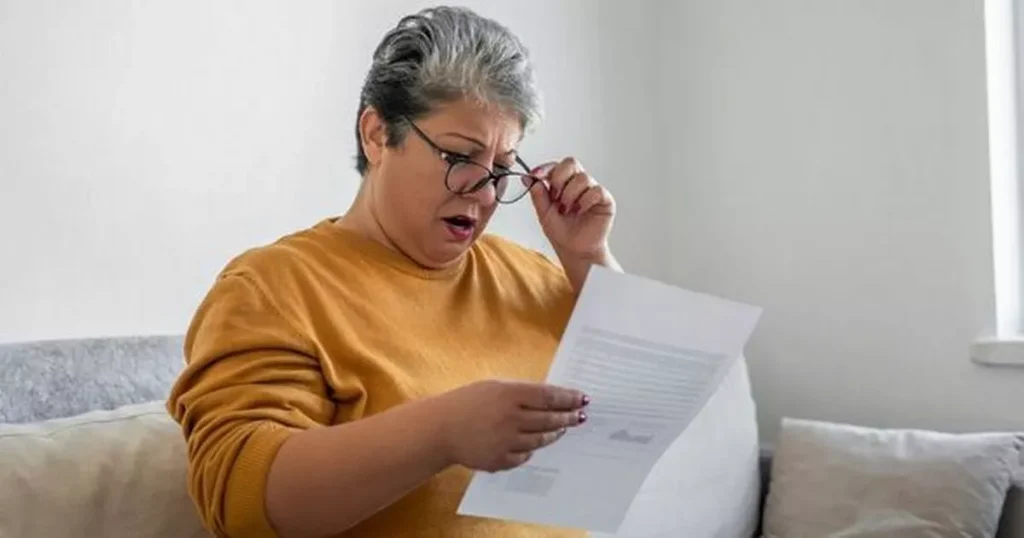Energy bills rise for millions from today as new Ofgem price cap kicks in

The new Ofgem price cap comes into force today with energy bills rising for millions across the country.
The price cap for the average dual fuel household paying by direct debit has increased from £1,717 a year to £1,738. This marks a 1.2% rise and equates to an extra £21 a year. But despite what its name suggests, there isn't actually a total cap on what you can pay for energy.
Your bill is still based on how much gas and electricity you use, as what the Ofgem price cap does is limit what you pay for each unit of gas and electricity you use. So this means, if you use more you will have to pay more. From today, direct debit households will be charged 6.34p per kilowatt hour (kWh) for gas and 24.86p per kWh for electricity.
This is up from 6.24p per kWh and 24.50p per kWh before. The average daily standing charge will be 53p per day for electricity and 30p per day for gas. The standing charge for gas will also be changing going from 31.66p a day to 31.65p a day for gas, and from 60.99p a day to 60.97p a day for electricity.
Energy bills forecast to rise AGAIN next year in another cost of living blow
8 tax changes you need to know about in 2025 – from stamp duty to National Insurance
Standing charges are a fixed daily amount you have to pay for energy, no matter how much you use. However, there are slight regional variations in terms of the rates you're charged under the price cap, with these headline figures used to give an average across England, Scotland and Wales.
Those affected by the new price cap are households that are on a standard variable rate (SVR) tariff. This means if you are locked into a fixed deal with your energy supplier, you will not be affected by the rise today. This is because the amount you are charged per unit of energy is set at a certain rate until your contract comes to an end.
The price cap for someone paying by pre-payment meter is rising to £1,690 a year, while for someone paying on receipt of bill, the figure is going up to £1,851 a year. Ofgem bases its price cap on the average amount of energy a household uses, and currently, it is based on a household using 2,700 kWh of electricity and 11,500 kWh of gas over 12 months.
Ofgem updates its price cap every three months, and after this, the next time the price cap changes will be in April 2025 and then in July 2025. Today's price cap will be in place for the next three months, with the regulator set to confirm the level on February 25.
Ofgem's Price cap also reflects the global gas market. In 2022, energy bills skyrocketed due to the Ukraine-Russia conflict. Things started to become calmer throughout 2023, and Ofgem's price cap started to drop – although it still sat much higher than previous years. However, wholesale prices started to go up again in 2023 due to the Israel-Hamas conflict and has remained high since.
Boots’ bestselling products of 2024 including £7.50 serum and energy-boosting supplement



